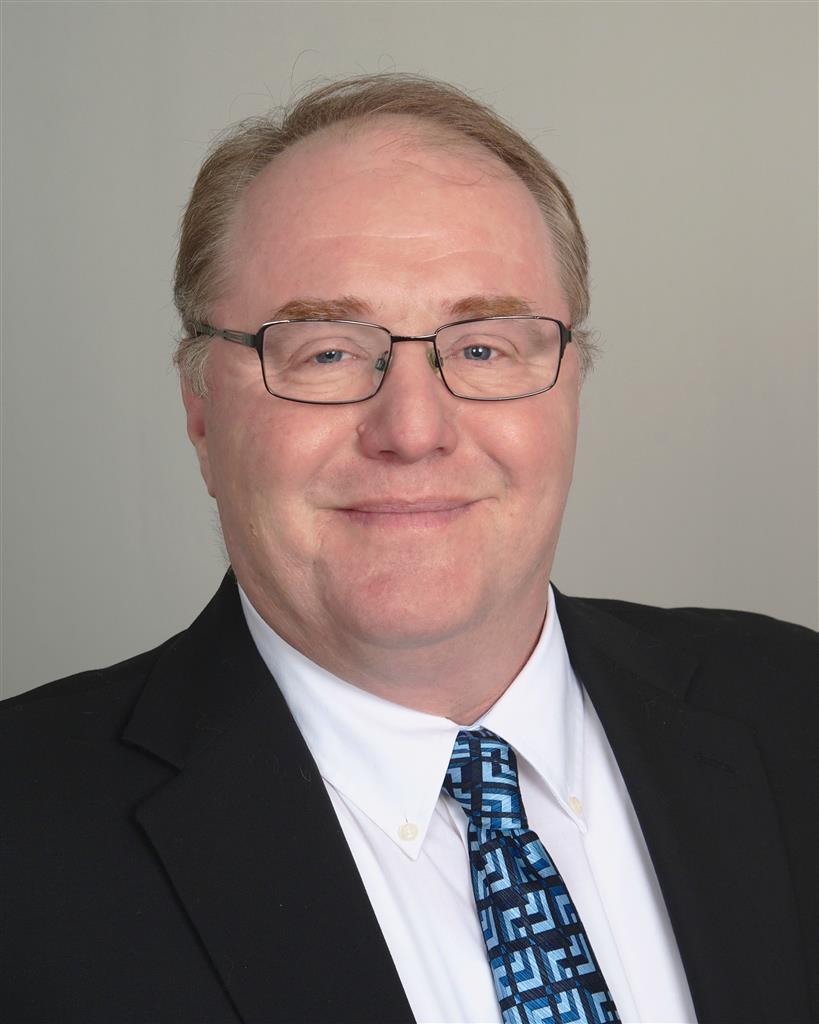EEE External Advisory Council Profiles
Ed Copeland
Ed Copeland is currently Vice President and Principal Engineer at Arcadis U.S., located in Indianapolis. Arcadis is one of the largest engineering and consulting firms in the world with 27,000 people. He has been with Arcadis for 20 years serving a variety of roles – Certified Project Manager, Area Manager, Global Account Leader, and Subject Matter Expert. 
Copeland got started by earning his Bachelor of Science in Civil Engineering from Purdue University in 1983 and then his MSCE with a focus on environmental in 1988. His first job out of school was at a General Motors grey iron foundry in Danville, Illinois. As plant engineer, his responsibilities included wastewater, solid waste management, and hazardous waste. Copeland credits getting this job to Dr. Jim Etzel, who he was fortunate to work on several projects with at Heritage Environmental Services, making a phone call to the plant. “I owe Dr. Etzel a lot, not only from the technical education he gave me (I still occasionally pull out notes from his classes for reference), but also in teaching me how to think like an engineer,” Copeland says. “I learned the process of how to approach a problem, and most importantly, to really listen to the client: not only the managers but also the operators, technicians, and maintenance personnel, who understand the systems and can point out the problems. Engineering is applied science, but people will ultimately operate any design, and it is critical to take the user into account when you create a system.” Copeland has provided consulting services to a wide variety of industries in his career – automotive, chemical, rail, oil and gas, electronic, food, even some work at air force installations. The variety of problems encountered, people you meet, and colleagues who become friends are what has made his career enjoyable.
Participating in the EAC means a lot to Copeland. He is very humbled and grateful to be given the opportunity to pay back Purdue. “I hope to use my experience to help guide students prior to graduation,” he explains, “by providing input on the curriculum and in a personal way though mentoring.”
As a new EAC member, Copeland hopes to impact students in three areas he believes are critical for students to have a successful career after college: embrace opportunities to try something outside your comfort zone, be flexible, and enhance your written and verbal communication skills. The last element is the one tangible thing that Copeland and many of his colleagues find lacking in new graduates. In consulting, industry, and even life, communication that is both relatable and relevant to the recipient in addition to being persuasive is incredibly important. Many engineers are well-founded in the technical aspects of the craft, but lack the ability to effectively communicate with non-engineers. In many cases, these are the people who hold the reins of the financial control and can prevent your ideas from being brought to fruition.
We asked Ed to finish this sentence: EEE is the kind of school where…His response was: EEE is the kind of school where I can grow technically and professionally to fulfill my potential, and have fun doing it!
Angie Martin
Angie (Sandifer) Martin currently serves as Vice President at Heritage Environmental Services (Heritage) overseeing national emergency response, material management and supply chain, sustainability, and customer training efforts. Martin is currently the Secretary of the Spill Control Association of America, serves on the board of directors for The Pesticide Stewardship Alliance, and represents Heritage on the Environmental Technology Council. Angie and her husband Jeff Martin, PE, were married in 1992 and have two daughters, a son-in-law, and granddaughter. Bethany Holmes is a civil engineer (Rose-Hulman ’16), and Julie Martin is a mechanical engineer (Purdue ’18).
![]()
Martin, PE, CHMM, graduated from Purdue University in 1991 with a Bachelor of Science in Civil Engineering with an emphasis on environmental and hydraulics, including completing the cooperative education program with Heritage. Martin started full time with Heritage upon graduation and worked in the consulting group and then corporate compliance. In 2002 she took a position at RQAW for a few years, and started her own business, Blue Sky Engineering, in 2006. Martin always maintained a consulting agreement with Heritage, participating in the 2010 oil spill in the Gulf of Mexico and the superstorm Sandy response in 2012-2013. She returned to Heritage full-time in 2013.
She has led many national scale emergency response efforts and leads Heritage's rapid response team. Martin frequently speaks on emerging regulatory trends and challenges including PFAS, e-manifest, and the Generator Improvements Rules. She works with industry partners to ensure the proper distribution of hazardous and industrial wastes for our customers.
Martin has always been drawn to the development of students and being on the EAC allows her to pursue that further. She is excited by assisting in the stewarding of the program as an EAC member so that EEE graduates the best environmental engineers possible. Martin has seen first-hand the important role recent EEE graduates play as Heritage recently hired an EEE master’s student. He has jumped right in and is able to use his education to contribute to Heritage from day one. Martin and Heritage are hoping that the EEE program continues to produce such quality graduates.
We asked Angie to finish this sentence: EEE is the kind of school where… Her response was: EEE is the kind of school where students who want to practice engineering while considering human impacts on the earth want to be.
